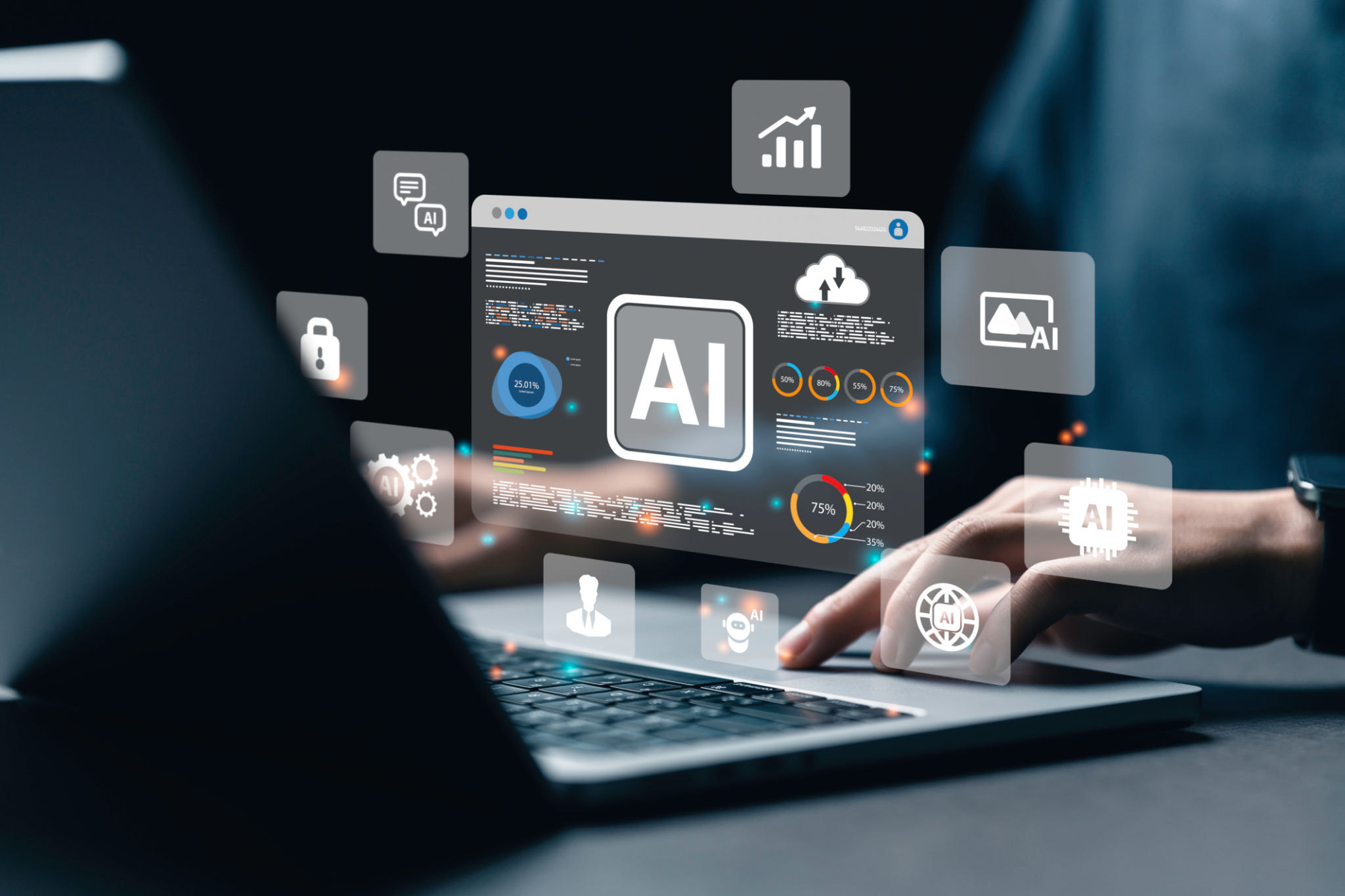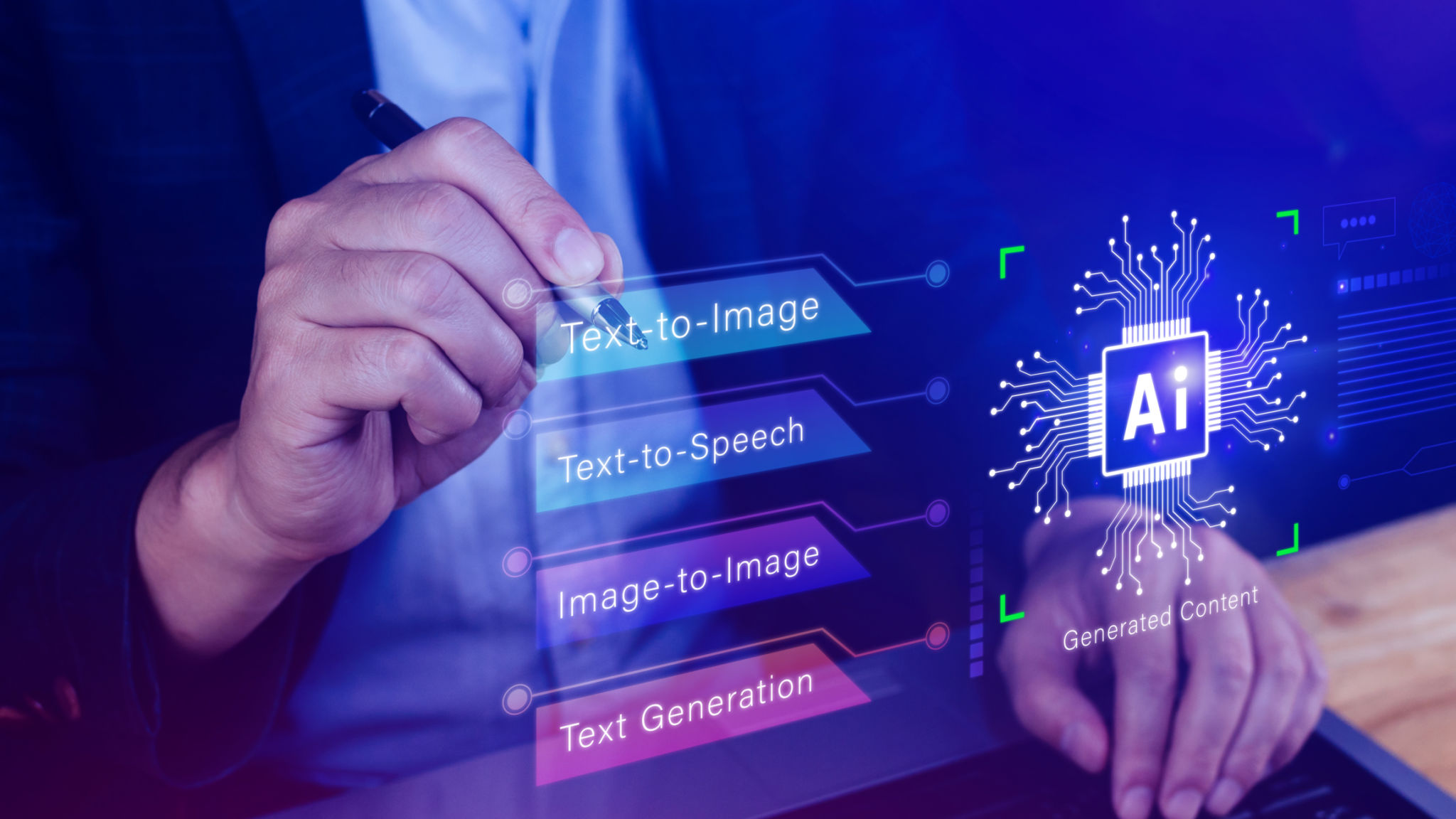5 Common Misconceptions About AI in Business
The Rise of AI in Business
Artificial Intelligence (AI) has rapidly become an integral part of modern business practices. From automating routine tasks to providing deep insights through data analysis, AI offers a myriad of benefits. However, with its growing presence, several misconceptions about AI persist, creating confusion and sometimes hesitation in its adoption.

Misconception 1: AI Will Replace All Jobs
A prevalent concern is that AI will lead to widespread unemployment by replacing human workers. While it's true that AI can automate certain tasks, the reality is more nuanced. AI is more likely to augment human capabilities rather than replace them entirely. Routine and mundane tasks might be automated, but this allows employees to focus on more strategic, creative, and interpersonal roles that machines cannot replicate.
In fact, the integration of AI often creates new jobs and industries. For example, the demand for AI specialists, data analysts, and tech support roles is on the rise. Businesses that embrace this technology can harness it to drive innovation and productivity.
Misconception 2: AI is Too Complex for Small Businesses
Many small business owners believe that AI is only accessible to large corporations with substantial budgets and technical expertise. However, this is far from the truth. Numerous AI tools and platforms are designed specifically for small to medium-sized businesses. These solutions are user-friendly and often come at an affordable price, enabling smaller enterprises to leverage AI without needing a deep technical background.

Cloud-based services and software-as-a-service (SaaS) models have democratized access to AI technologies, allowing businesses of all sizes to benefit from advanced analytics, customer insights, and process automation.
Misconception 3: AI Can Solve Any Problem
Another common misconception is that AI is a magical solution that can address any business problem effortlessly. While AI is powerful, it is not infallible. It requires high-quality data inputs and specific algorithms tailored to particular tasks. Moreover, AI systems need proper oversight and continuous evaluation to ensure they remain effective and ethical.
Understanding the limitations of AI is crucial for businesses. It should be viewed as a tool that enhances decision-making rather than a one-size-fits-all solution.
Misconception 4: AI Lacks Transparency
Some believe that AI operates as a "black box," making decisions without transparency or accountability. While it's true that some complex algorithms can be difficult to interpret, strides are being made in developing explainable AI (XAI). XAI aims to make AI systems more transparent by providing insights into how they reach decisions.

By fostering transparency, businesses can build trust with their stakeholders and ensure that AI systems are used ethically and responsibly.
Misconception 5: AI is Inherently Biased
Bias in AI systems is a significant concern, but it is not inherent to the technology itself. Bias arises from the data used to train these systems or from flawed algorithmic design. By implementing rigorous data collection practices and regularly auditing algorithms for fairness, businesses can mitigate bias in their AI applications.
It's essential for companies to prioritize ethical considerations in their AI strategies, ensuring that their systems promote fairness and inclusivity.
In conclusion, while misconceptions about AI in business abound, understanding the reality behind these myths can empower organizations to harness AI's full potential effectively. By approaching AI with an informed mindset, businesses can innovate, improve efficiency, and ultimately thrive in a technology-driven world.